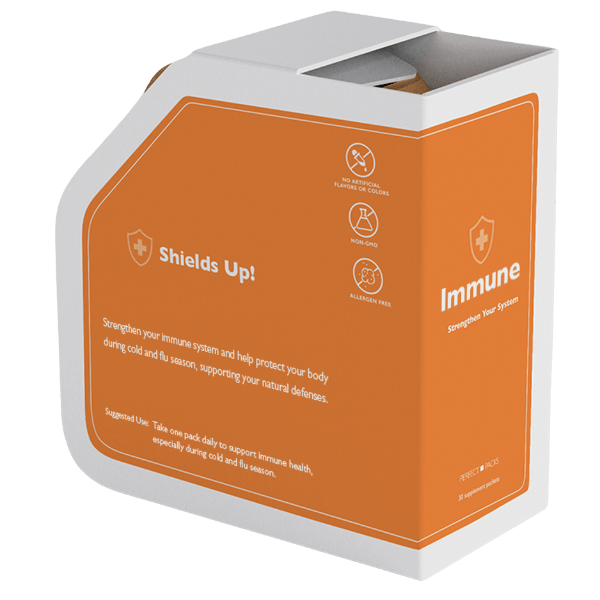Cellcept (mycophenolate mofetil) comes in tablets, capsules, suspension and intravenous infusion. Cellcept belongs to the class of drugs known as immunosuppressants. Mycophenolate mofetil can reduce the body’s immune response by suppressing cell-mediated immune responses and antibody formation. It is combined with cyclosporine and corticosteroids to prevent rejection of kidney, heart or liver transplants.
Please read the Product Leaflet that comes with the product. There are several cautions regarding behavior after starting treatment. For example, avoiding sunlight, blood or semen donation, and pregnancy. If you have any questions, talk to the prescribing doctor or use our professional chat facility to talk to trained pharmacists.
Dosage
The treating doctor will determine the dosage and regimen, and the dosage depends on the type of organ that was transplanted. Treatment should continue as long as necessary to prevent rejection.
The capsules and tablets must be taken whole with a glass of water on an empty stomach. Do not break or crush the capsules or the tablets.
Try to adhere to the treatment regimen as recommended by the doctor. If a scheduled dose is forgotten, try to take this dose as soon as it is remembered and then continue to take the medicine at the scheduled times. Do not double-dose to make up for a missed dose.
This text is for informational purposes only. Please consult with a doctor or pharmacist before using any medication.
Please read the manufacturer’s product insert that comes with the medication. Not all side effects are listed here. Consult a healthcare provider if you experience these or other unexpected effects.
Some of the common side effects of Cellcept are:
- Skin problems such as acne, cold sores, shingles, skin growths, hair loss, rash and itching
- Urinary system problems such as blood in the urine
- Mouth problems, like swelling of the gums and mouth ulcers
- Gastrointestinal disorders
- Liver disorders
- Diarrhea, constipation, feeling sick (nausea), indigestion, loss of appetite, flatulence, bleeding in the stools
- Nervous system problems, such as dizziness, drowsiness or numbness, tremors, muscle spasms, convulsions
- Anxiety or depression, mood changes
- Heart and blood system problems, such as changes in blood pressure, accelerated heart rate, widening of blood vessels
- Lung problems, such as pneumonia, bronchitis, shortness of breath, and cough, can be due to bronchiectasis or pulmonary fibrosis. Consult with the doctor if there is a persistent cough or shortness of breath.
- Fluid in the lungs or inside the chest
Please note that not all side effects can be listed here. Consult a healthcare provider if you experience any of these or other unexpected side effects.
Caution:
If a sudden anaphylactic reaction, such as swelling of the face, tongue, or throat that makes it difficult to breathe or swallow, wheezing, hives, rash, or severe sloughing of the skin, occurs, go to a doctor immediately or call 911 and go to an emergency room.
CellCept reduces the body’s immunity, so the ability to fight infections will not be as good as usual. There is greater susceptibility to infections than normal, including infections of the brain, skin, mouth, stomach, gut, lungs, and urinary system.
Cellcept is prescribed to prevent and reverse organ rejection after a heart, liver or kidney transplant.














